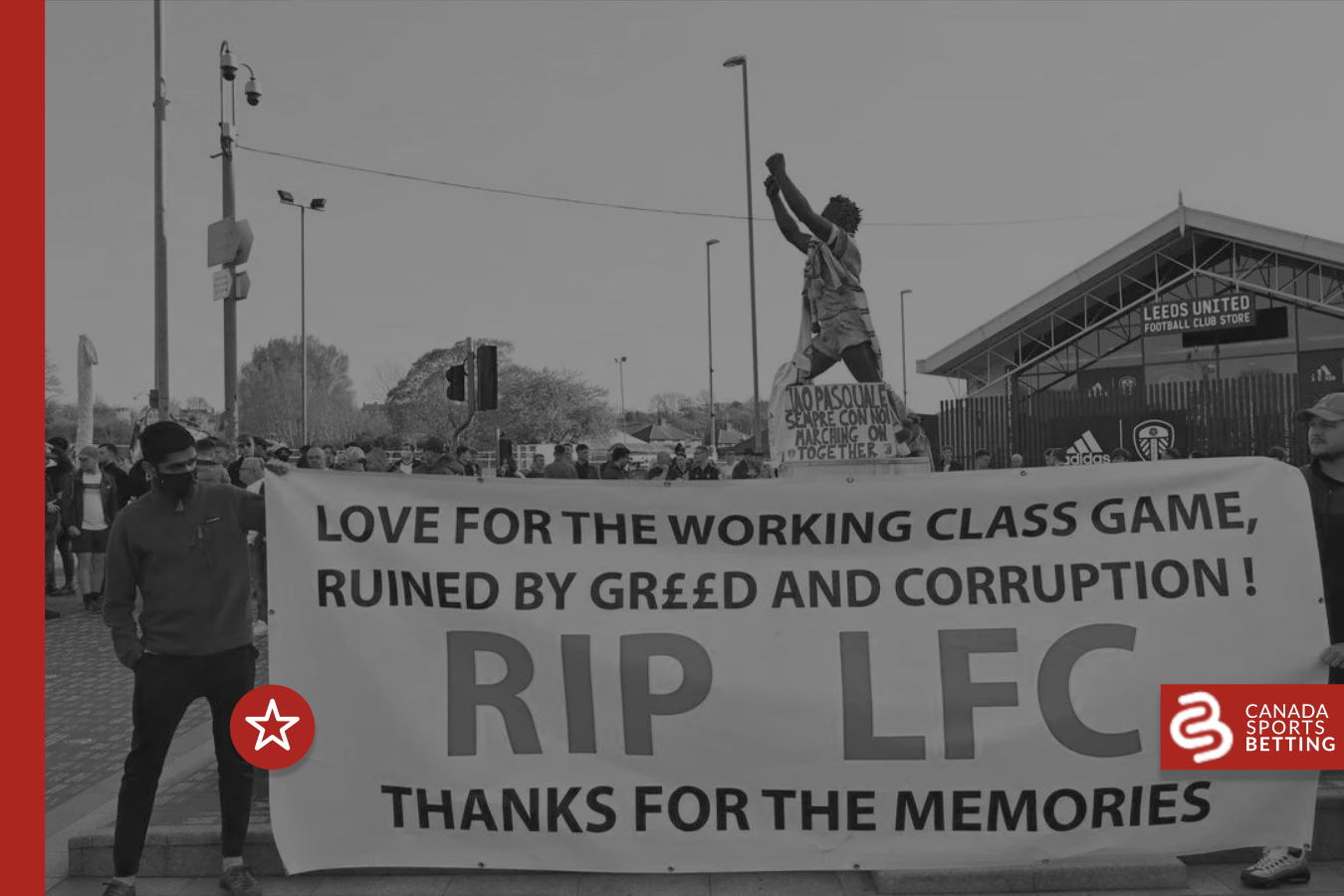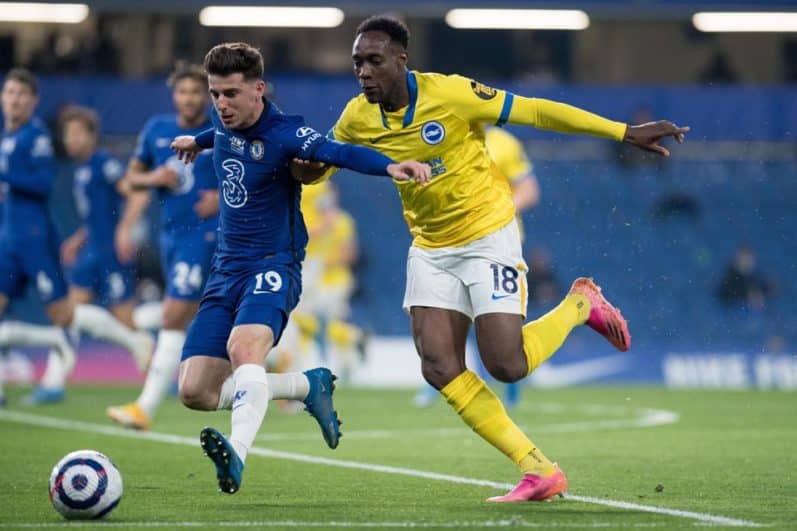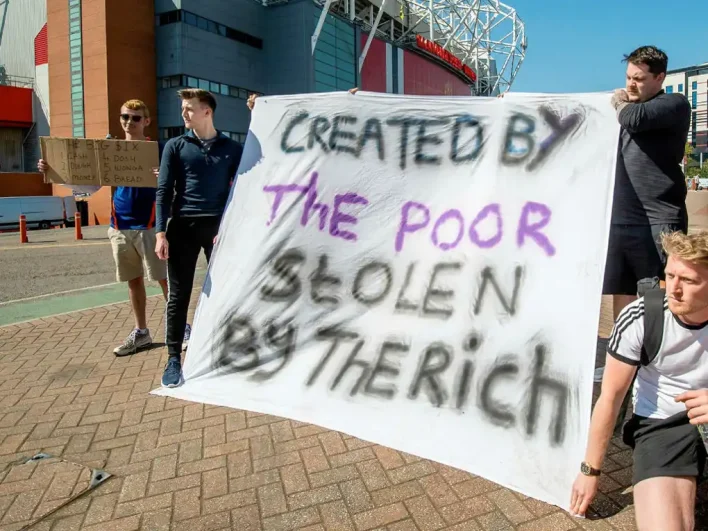
The European Super League (ESL) was supposed to be the breakaway club for top European football clubs, the likes of Manchester United, Real Madrid, and Liverpool to name a few.
The full list of Super League clubs:
- English – Arsenal, Chelsea, Liverpool, Manchester City, Manchester United, Tottenham.
- Spanish – Atletico Madrid, Barcelona, Real Madrid.
- Italian – AC Milan, Inter Milan, Juventus.
However, plans broke down the very next day after the featured clubs made the announcement, led by Real Madrid’s Florentino Perez. Perez has been defiant in the face of big clubs like Juventus and Manchester City dropping out, with the governing body FIFA also threatening to ban teams from their domestic leagues.
The anger and frustration at the decision to go ahead with a Super League boiled over when fans of Premier League clubs Arsenal, Chelsea, and Tottenham held mass protests outside the relative stadiums. The announcement caused a wave of protest across Europe, as UEFA made it clear that all clubs involved would face repercussions if they were to go ahead and compete in the breakaway Super League.
But, what upset the fans so much and is the Super League really so different from the Champions League?

Numerous soccer clubs have shown a lack of interest in the direction European soccer is going. Much like what we see in the Premier League, Serie A, and La Liga, football is increasingly dominated by “sugar daddy” clubs—ones that are heavily funded by foreign owners and have enough money to dominate the league, year after year.
The clubs that are owned by big Russian, Asian, and American owners are odds on favorite to win their domestic leagues each season, with smaller teams just pushed to the side. While this is a tragic situation, it is a product of the society we live in and it’s difficult to imagine the future of football, and sport in general, going in any other direction.
We already see this in major American sports leagues such as the NBA, where clubs are able to make major signings and go from being an average team to title-contenders in the space of a few years. These leagues are played in a playoff format, meaning that once the knockout stages begin, teams can win without having to perform as consistently as they do to win domestic leagues.
Why are so many opposed to it?
As we saw in the 2015-16 Premier League season, one of the teams outside of the “big 6” managed to claim the English Premier League title. Leicester was bought by a Thai billionaire some years before clinching the title, nonetheless, they hadn’t invested the same kind of money we see from the bigger clubs.
The Super League would do away with any kind of additional financial gain or European competition. Instead, clubs that were successful in the domestic leagues only see the immediate benefits of winning their respective competitions.
A big part of what makes football so exciting, especially the top European football leagues, is the possibility of making it into the big European competitions. Smaller clubs are able to perform well, get financially rewarded, then build for the next season.
Moreover, the Super League plan would mean that other important cup competitions like the Copa del Rey, FA Cup, and the Coppa Italia would have much less importance, as the big clubs would be focused almost entirely on winning the big money rewards of the new league.

What next for the Super League?
With the found members having shown their hands regarding the proposed August start, Florentino Perez is left hoping that the binding contracts the clubs signed will force them to commit.
Another problem he’s faced is the fact the top French and German clubs weren’t at all interested in the league. Bayern Munich and Paris Saint-Germain never committed to the league and with players like Lewandowski, Neymar, and Mbappe playing them, it really doesn’t appeal to the wider audience.
The Super Leagues need to capture the attention of the whole footballing world and ensure that the very best are involved. How can the new league claim to be the home of European football if the best players aren’t competing?
While the league still seems a long way off materializing, the concept doesn’t seem too distant from what we already have. The pandemic has squeezed clubs financially and the Super League offers the founding clubs a way to make a lot of money, and quickly. The coming years will be the test of things, but for now, things will remain on hold.